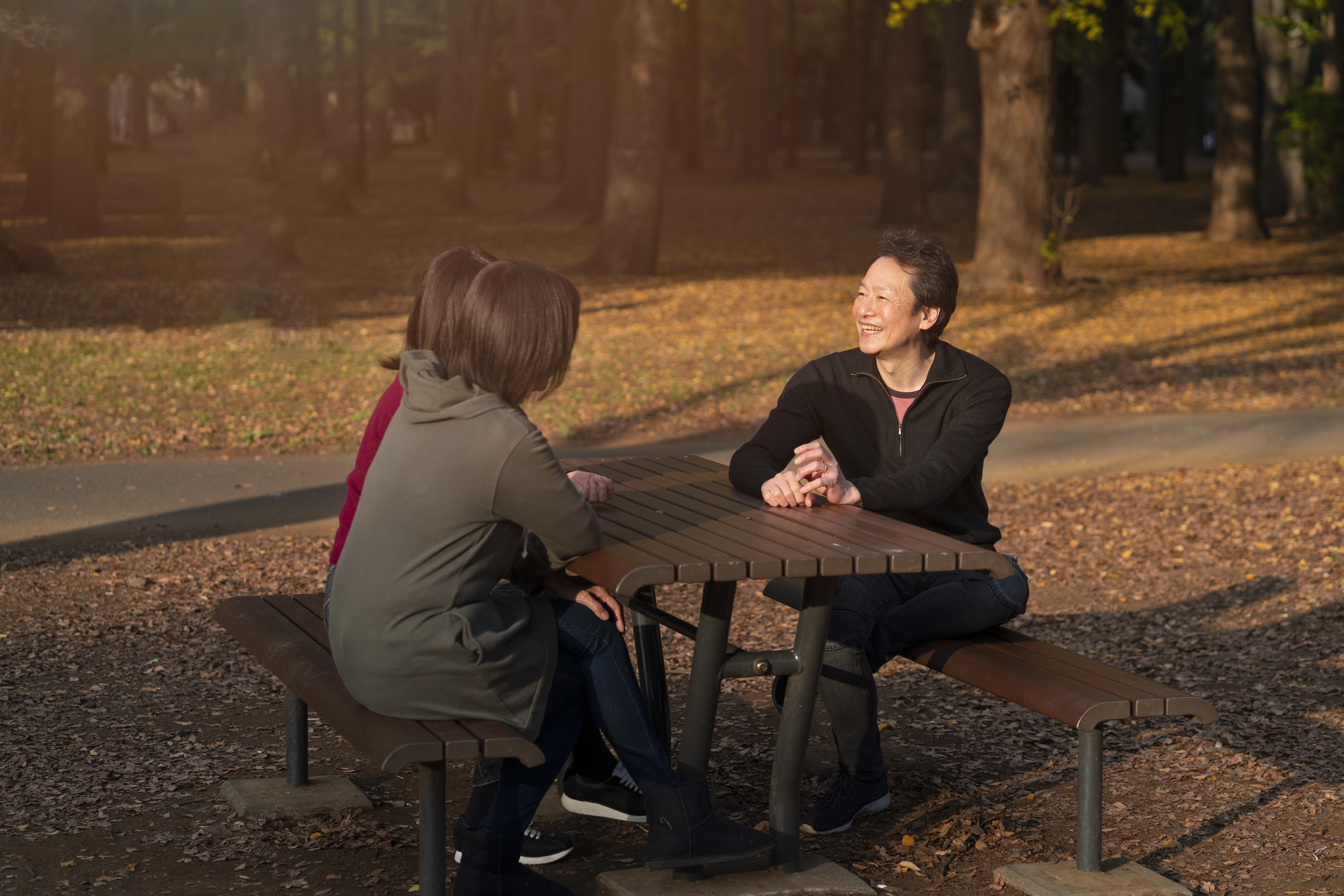This article from the team at TriCareRehabs is the second in a series of pieces about personal journeys from those now in recovery who have been helped by finding treatment support to get clean and sober in the first place.
I never thought I’d end up here—sitting in a cold, metal chair in the basement of a church, surrounded by strangers who seemed to speak a language I didn’t yet understand. But that’s where my journey began: in this room, with the smell of stale coffee and the hum of fluorescent lights. My name is Alex, and I’m an alcoholic.
1. Ordinary World
For years, my world revolved around alcohol. I was the life of the party, the friend everyone could count on to go for “one more round.” It was fun, until it wasn’t. Slowly, I watched as the things that mattered—my job, my family, my health—slipped through my fingers like sand. But I couldn’t stop. I didn’t know how to stop. My ordinary world had become one of isolation, shame, and an endless craving that consumed me.
2. Call to Adventure
It all came to a head when I woke up on the floor of my apartment, the sun already high in the sky, my phone buzzing relentlessly with missed calls. I was supposed to be at my sister’s wedding. I had promised her I would be there, sober. That was the moment I knew—something had to change. I couldn’t keep living like this, hurting the people I loved, hurting myself.
3. Refusal of the Call
But even as the guilt gnawed at me, fear gripped me tighter. I told myself it wasn’t that bad, that I could quit anytime I wanted. I didn’t want to admit I needed help. Who was I if I wasn’t the guy with a drink in his hand? Without the numbness, I would have to feel everything I had been running from for years. And that terrified me.
4. Meeting the Mentor
A week later, my brother showed up at my door. “You need help, Alex,” he said, his voice firm but laced with concern. “Come with me. Just one meeting.” I went, more out of a desire to get him off my back than any real intention of getting better. But there, in that circle of strangers, I met my mentor: a man named John who had been sober for over a decade. He spoke of darkness and despair I knew all too well, but also of hope. He offered to be my sponsor, to guide me through the 12 Steps. I wasn’t sure I was ready, but something in his eyes made me want to try.
5. Crossing the Threshold
The first step was admitting I was powerless over alcohol—that my life had become unmanageable. It sounded simple, but saying it out loud felt like pulling teeth. I had spent years convincing myself I was in control. But in that room, I took a breath, and I said it: “I am powerless over alcohol.” For the first time, I felt a weight lift off my chest. I wasn’t alone. I wasn’t unique in my suffering. I was crossing into unknown territory, and I had allies beside me.
6. Tests, Allies, and Enemies
The next steps were harder. I had to believe in a power greater than myself and turn my will over to that power. I’d never been much of a spiritual person, but I had to find something—anything—that could help guide me. I chose to believe in the collective strength of the group. They became my allies, sharing their stories of struggle and recovery. But there were enemies, too—old friends who didn’t understand, who offered me “just one drink” to prove I was better. My mind was my biggest enemy, telling me I didn’t need this, that I could go back to the way things were. But I knew that path led only to darkness.
7. Approach to the Inmost Cave
One night, John asked me to make a searching and fearless moral inventory of myself. I thought I’d done that already, but this was different. I had to dig deep, uncovering the resentments, the regrets, and the fears I had buried under layers of denial and booze. I was afraid of what I might find. I was afraid to confront the person I had become.
8. Ordeal
Step Five hit me like a freight train: I had to admit to God, to myself, and to another human being the exact nature of my wrongs. John sat with me as I laid it all out—the lies, the betrayals, the times I’d hurt people who mattered to me. It felt like my soul was being stripped bare, but John listened without judgment. When I finished, he looked at me and said, “You’re not alone, Alex. We’ve all been there. This is how we heal.”
9. Reward (Seizing the Sword)
Something shifted in me that night. I wasn’t hiding anymore. I wasn’t running. I felt a spark of hope I hadn’t felt in years. I realized I had the power to change, to make amends, to be better. With that, I moved through the next steps: making a list of all the people I had harmed and becoming willing to make amends. It was terrifying, but I was ready to face it.
10. The Road Back
Making amends wasn’t easy. Some doors stayed closed; some wounds were too deep to heal right away. But with each apology, each act of restitution, I felt a little lighter. I began to understand that this wasn’t just about saying sorry—it was about living differently, being accountable, and showing up for the people in my life.
11. Resurrection
As I reached Step Twelve—having had a spiritual awakening as a result of these steps—I knew my journey wasn’t over. The steps weren’t something to check off a list; they were a way of life. I started sponsoring newcomers, just as John had done for me, helping them find their own paths to recovery. I realized that by helping others, I was also helping myself stay on the right path.
12. Return with the Elixir
Today, I stand before you, not as a man who has conquered his demons, but as one who faces them every day with the tools I’ve been given. My elixir is my story, my experience, my strength, and my hope. It’s knowing that sobriety is not a destination but a daily journey, one I walk with gratitude. I’ve come full circle, but I am not the same person who began this journey. I am stronger. I am free. And I am never alone.
This is my story, and it’s still being written—one day at a time.
- Is There a National Guard Substance Abuse Program? - December 29, 2025
- Marine Corps Substance Abuse Program Guidance - December 8, 2025
- Does Spice Show Up on a Military Drug Test? - December 2, 2025

